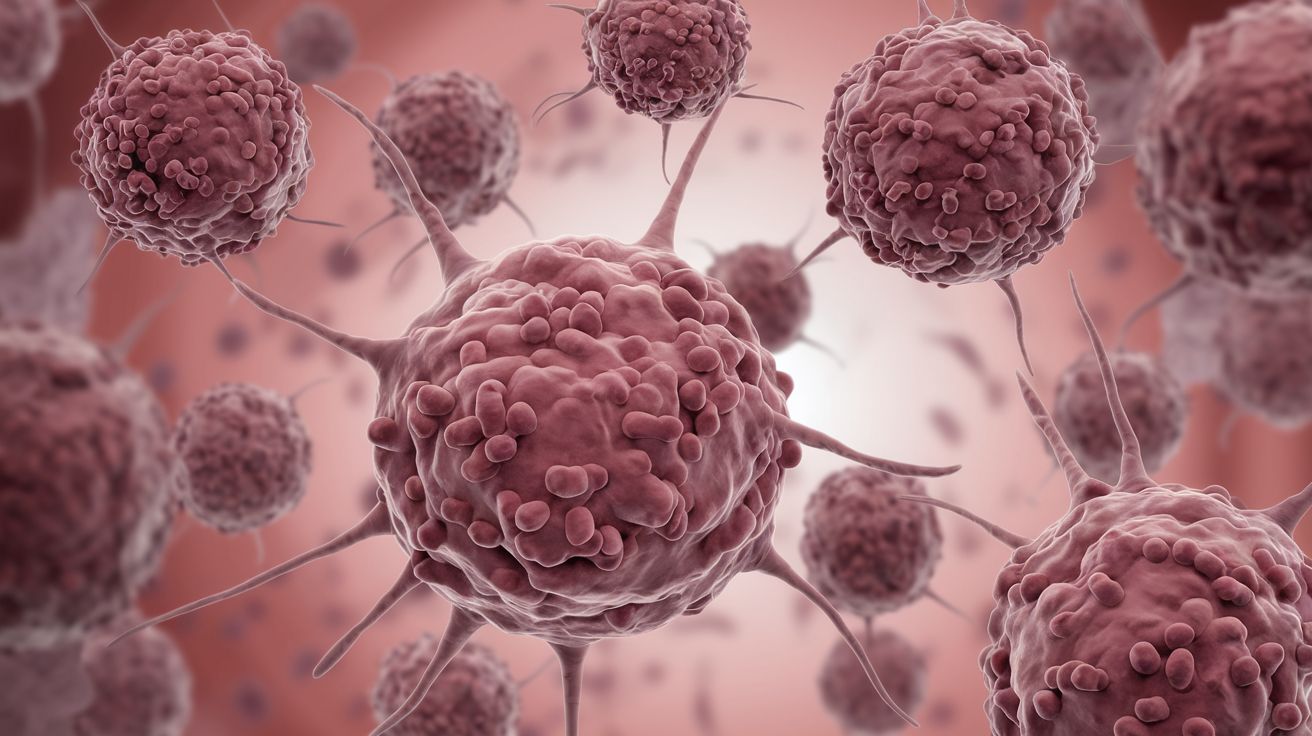Major breakthrough: cancer protein permanently neutralized 🎯
Follow us on Google News (click on ☆)

Transcription factors like cJun regulate gene expression and are often dysregulated in cancers. Unlike small molecules, peptides can target these proteins with high specificity. The TBS method allows testing their effectiveness directly in cells, eliminating toxic or ineffective candidates.
The inhibitor peptide designed by researchers binds irreversibly to cJun, preventing its interaction with DNA. This strategy, compared to a molecular harpoon, provides permanent protein blocking. Laboratory tests confirmed its cell permeability and selectivity.
The TBS platform represents a major innovation for drug screening. It evaluates peptide activity in a realistic cellular environment, including proteases and other interfering proteins. This approach could be extended to other 'undruggable' targets.
Next steps will involve validating these inhibitors' effectiveness in preclinical cancer models. Researchers hope their technology will enable the discovery of new drug candidates for previously inaccessible targets.
This work was supported by the Medical Research Council and the Biotechnology and Biological Sciences Research Council. It marks an important milestone in fighting cancers linked to transcription factor dysregulation.
How do peptide inhibitors work?
Peptide inhibitors are designed to specifically bind to target proteins like cJun and block their activity. Unlike small molecules, peptides can mimic natural protein-protein interactions, offering greater specificity.
In cJun's case, the inhibitor peptide binds irreversibly, preventing the protein from forming pairs and binding to DNA. This action is crucial for stopping cancer cell proliferation.
Modifying the peptide for irreversible binding represents a key innovation. It ensures inhibition persists even in the dynamic cellular environment where proteins are constantly synthesized and degraded.
This approach could be adapted to target other transcription factors involved in various diseases, offering new therapeutic pathways.